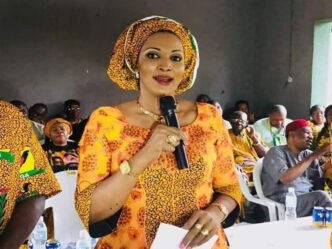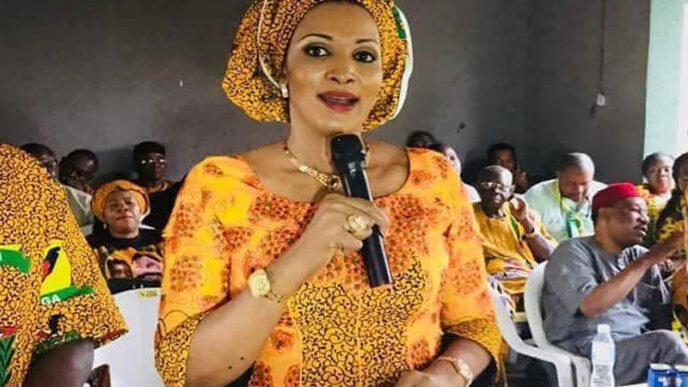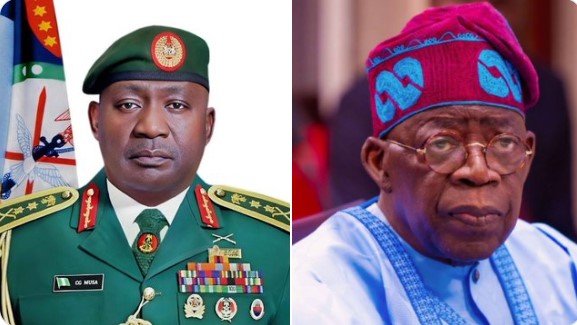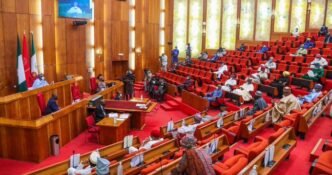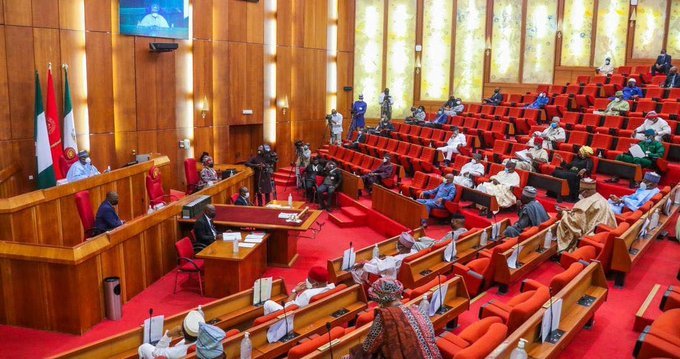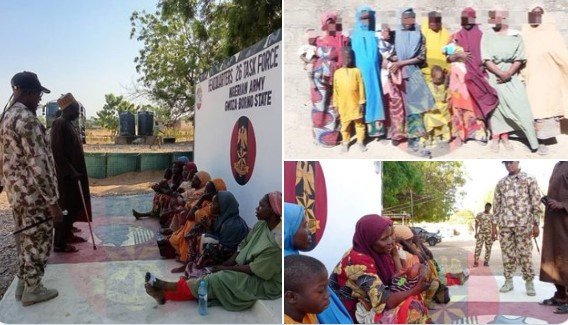In a dramatic and potentially destabilizing turn of events, military officers in Guinea-Bissau have declared “total control” of the country, signaling a coup and effectively taking over the reins of government. The military’s declaration casts a long shadow over the West African nation’s fragile political stability and raises urgent questions about governance, international response, and the future of democracy in Guinea-Bissau.
What We Know — The Military’s Declaration
- The group of military officers announced through a public statement that they now exercise full control over the state — its institutions, security apparatus, and government functions.
- The declaration comes amid intensified political tensions and a history of instability in Guinea-Bissau, where previous coups and mutinies have undermined democratic processes.
- Government offices, key security installations, and official communications have reportedly been taken over by the military, and civilian leadership appears sidelined or detained (though precise details remain sketchy).
Background: Guinea-Bissau’s History of Turmoil
Guinea-Bissau has long struggled with political instability. Since independence, the country has experienced multiple coups, mutinies, and government overthrows. Civil-military relations have frequently been strained, with the military playing a dominant role in power shifts.
The country’s fragile institutions, weak governance structures, recurring allegations of corruption, and economic hardship have contributed to a volatile environment — one that repeatedly seems to enable military intervention in politics.
What This Means: Implications of Military Takeover
The military’s takeover could have serious consequences for:
- Democracy and governance — civilian rule is suspended or severely compromised, and legislative or constitutional processes may be halted.
- Rule of law and human rights — coups often lead to curbs on civil liberties, curfews, suppression of dissent, arrests of political opponents or activists, and restrictions on press freedom.
- Stability and security — internal unrest, fear among citizens, possible outbreaks of violence, looting, or reprisals; risk of generational displacement or refugee flows.
- The economy — foreign investment and aid may be withdrawn, sanctions imposed, trade disrupted, and economic uncertainty deepened.
- International and regional relations — diplomatic recognition could be withdrawn or delayed; regional bodies and international partners may impose sanctions or condemn the takeover.
International Reaction — What to Watch
Although formal statements from international bodies are still forthcoming, global and regional actors are expected to respond strongly. Prior coup attempts in Guinea-Bissau have drawn condemnation from the African Union, ECOWAS (the Economic Community of West African States), the United Nations, the European Union, and foreign governments.
Potential responses may include:
- Diplomatic pressure and suspension of aid or cooperation.
- Threats of sanctions against individuals involved in the coup.
- Calls for restoration of constitutional order and civilian government.
- Offers of mediation or support for transitional arrangements, if the military agrees.
The Path Forward: Possible Scenarios
- Military transitional government — the officers could install a junta to run the country temporarily, promising elections later.
- Full takeover and long-term rule — if institutions break down, military rule might become entrenched.
- International pressure forces return to civilian rule — with diplomacy, mediation, and internal resistance.
- Escalation into conflict or humanitarian crisis — if civilians resist, or if security breakdown worsens.
Why This Matters — For Guinea-Bissau and the Region
Guinea-Bissau’s stability is vital not only for its own citizens, but for the wider West African region. The country’s former history of political violence, drug trafficking routes, and economic fragility makes any coup a danger signal for regional security.
Neighbouring countries, regional trade, migration, and transnational crime could all be affected. Moreover, a military takeover undermines efforts to build democratic institutions, champion human rights, and promote sustainable development across West Africa.
Uncertainties — What Is Still Unknown
Given the speed of developments and limited independent verification, many details remain unclear:
- The identity of the officers leading the takeover, and whether there is a clear command structure.
- The status of the civilian government — whether the president, legislators, or judges have been arrested, are in hiding, or have fled.
- The reaction of security forces loyal to civilian government — whether there will be resistance or alignment with the coup.
- The level of public support, and how civilians are reacting on the ground.
- Whether regional and international bodies are already mobilizing a response or preparing sanctions.
Conclusion: A Crisis Point for Guinea-Bissau
The military’s declaration of “total control” in Guinea-Bissau represents a grave collapse of constitutional order and a dangerous turn away from democratic norms. For citizens, the uncertainty could mean insecurity, loss of rights, and economic hardship. For regional and global actors, it demands urgent attention to prevent escalation and to support recovery of civilian rule.
As events unfold, all eyes will be on Guinea-Bissau — on whether the military consolidates power, or whether domestic and international pressure can restore constitutional governance. The coming days and weeks will be critical in shaping the future of this fragile West African nation.





